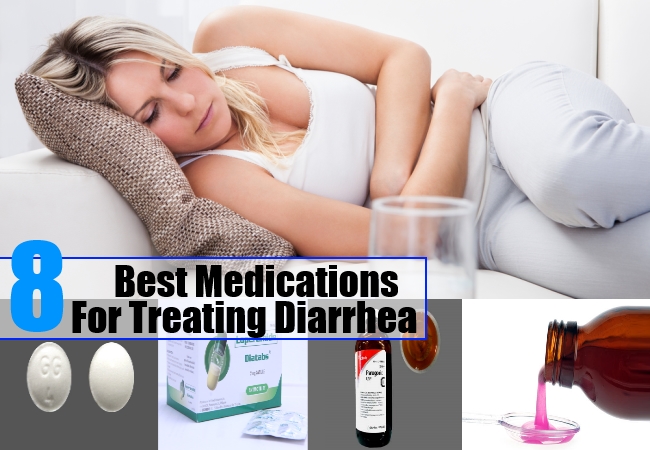An individual with diarrhea may experience frequent, watery or loose stools. They cannot properly absorb the nutrients from their food as well as the water they take in. If this condition persists, the person may get dehydrated or have electrolyte problems.
Most diarrhea cases can be treated by simply waiting it out. As the body gets rid of the bacteria and toxins, bowel movements will resort to their normal condition.

To help you with just in case you have the condition, take heed of these tips:
- Try to avoid taking in diarrhea medications unless they’re prescribed by your doctor. As we mentioned earlier, it is better to wait it out until the toxins and bacteria are eliminated from your system.
- Stay hydrated by drinking lots of clear fluid and electrolyte solution like Pedialyte or Gatorade. Avoid drinking alcohol, caffeine and milk as they may be agents in prolonging your condition.
- Eat probiotics just like the probiotic yogurt which has active bacterial cultures that will help ease the symptoms of some types of diarrhea.
- Try to do the BRAT diet which includes: Bananas, Rice, Apples (or apple sauce) and dry T These foods are known to be diarrhea-fighting foods that works on kids but can be taken by adults as well.
- Go and visit your physician if your diarrhea exceeds 3 days. Meanwhile, if you happen to experience or witness these scenarios, immediately seek emergency treatment:
- Vomiting or diarrhea of a new-born baby under 3 months which entails you to call a physician as soon as it starts.
- Children older than 3 months who experience vomiting for more than 12 hours.
- Black, bloody or oily-looking stools whether by a child or an adult.
- Dehydration symptoms which includes dizziness, weakness and muscle cramps.
- Diarrhea plus fever with temperature of 100⁰F for adults and 100.4⁰F in children.
- Diarrhea with abdominal pain that won’t go away or worsens
